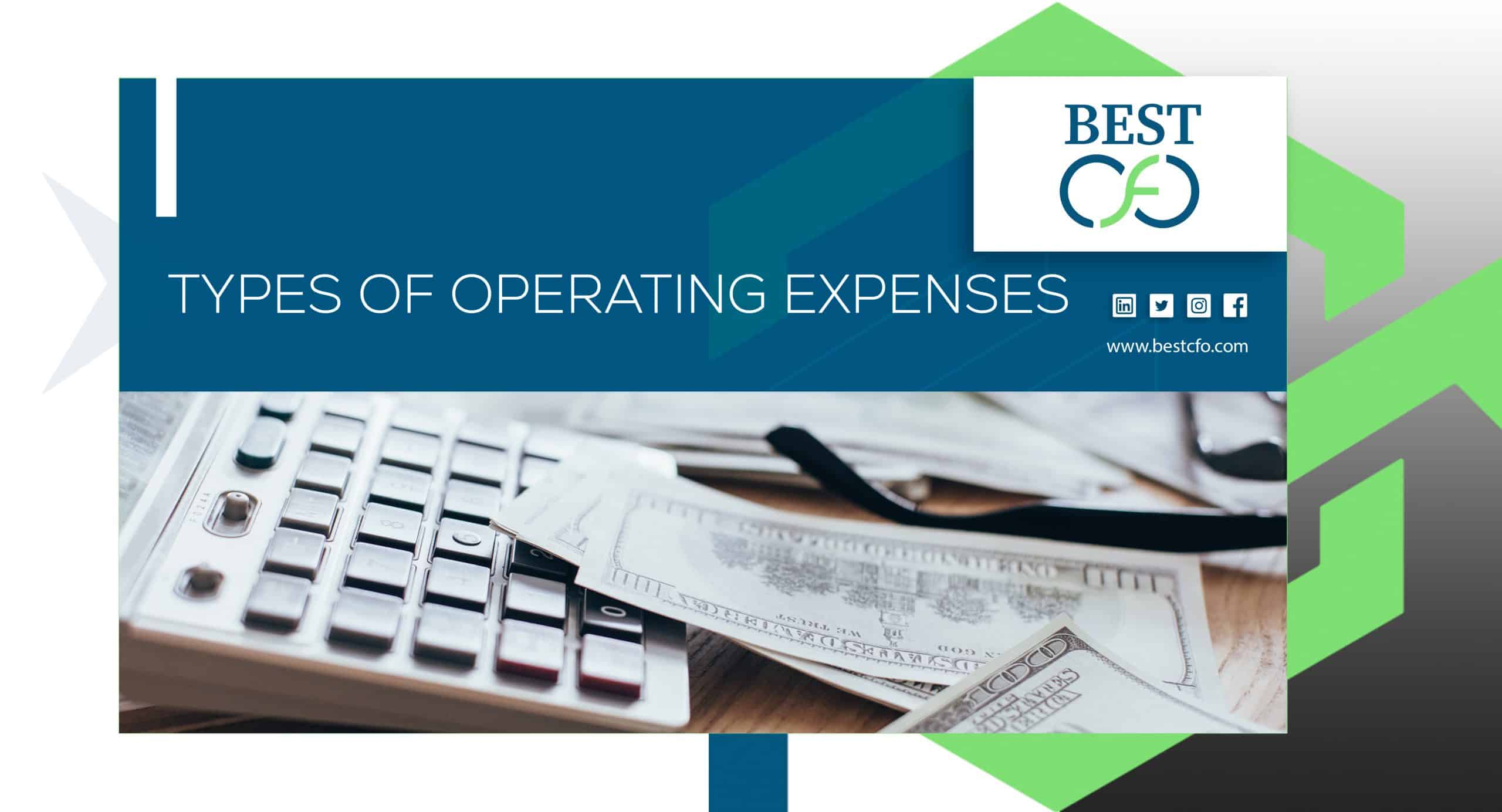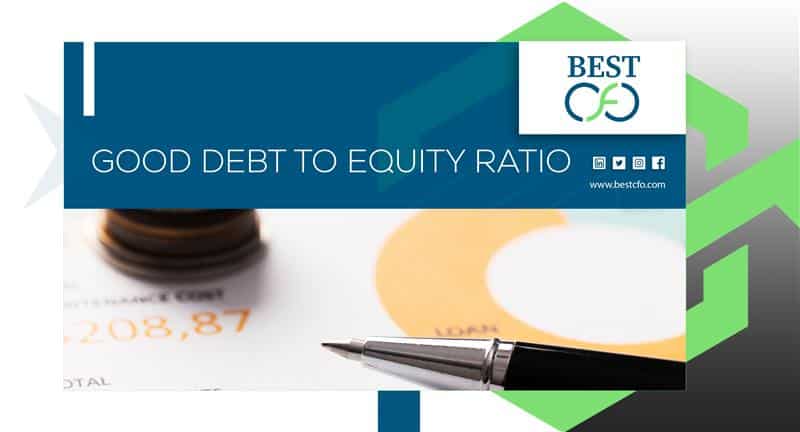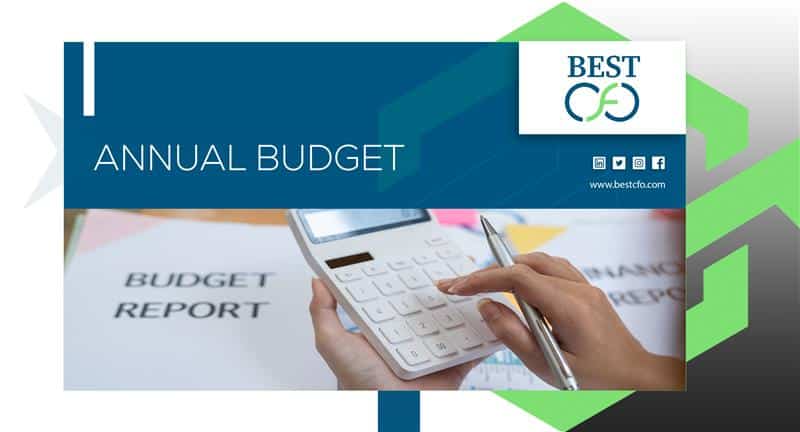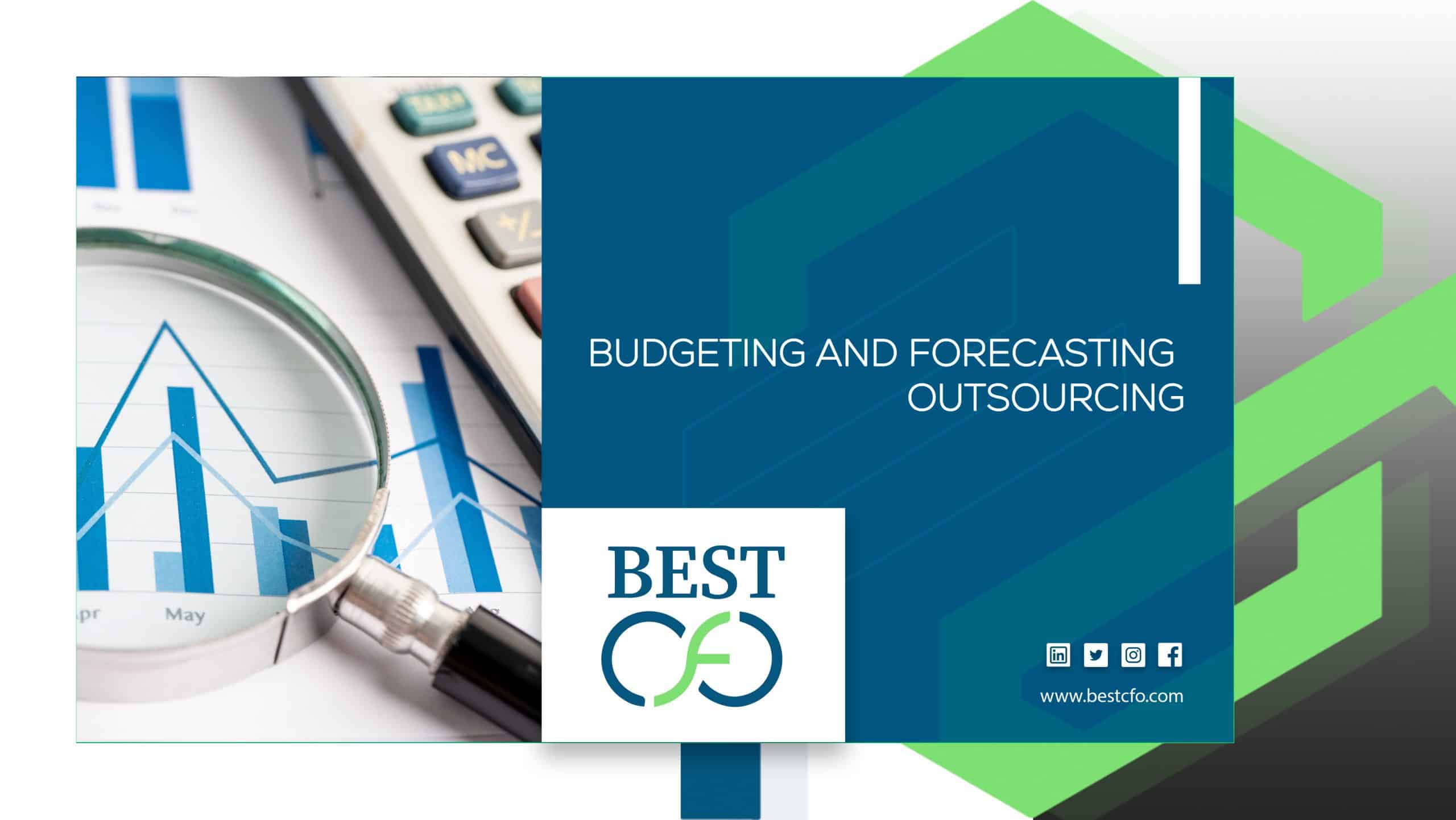
| Getting your Trinity Audio player ready... |
Expert Business Control: What Does A Controller Do In Business
Strong financial leadership is required for businesses to remain on course in the fast-changing corporate environment of today. The Financial Controller is one important participant in this process. This behind-the-scenes specialist keeps tabs on spending, helps companies make wise financial decisions, and helps them stay out of legal trouble. Their function combines thorough understanding of accounting, management, and legal compliance, therefore crucial for a company’s performance.
This paper will look at a controller’s responsibilities, significance, and influence on a company’s future direction.
What is a Controller?
A controller is an upper-management financial executive responsible for running a company’s day-to-day finance and accounting operations. They ensure every dollar is accounted for, every bill is paid or collected on time, and all financial reports are correct. Imagine them as the ship’s captain in charge of guiding the company’s money management ship through all sorts of waters safely.
What is a Controller in Accounting?
The controller is the individual in charge of keeping the books in order for a company. He or she is charged with maintaining the general ledger, preparing financial reports, and reviewing for errors in bookkeeping. He or she is also responsible for ensuring that the business complies with Generally Accepted Accounting Principles (GAAP) and remains current with tax regulations, auditing standards, and corporate tax regulations.
Why Are Controllers Important?
Controllers are essential because they:
- Maintain strong internal control to protect against fraud and errors.
- Support financial planning and forecasting.
- Provide data that leaders use for smart decision-making.
- Ensure regulatory compliance, so the business avoids legal trouble.
- Help with cost control, so the company doesn’t overspend.
In short, a controller helps keep the business both safe and profitable.
Skills Required To Become a Controller
To succeed in this role, controllers need both hard and soft skills, including:
- Deep knowledge of finance, budget planning, and cost accounting.
- Experience with accounting software, spreadsheets, and enterprise resource planning (ERP) tools.
- Strong communication and leadership skills to work with teams.
- Attention to detail and a high level of accuracy and precision.
- The ability to handle pressure, meet deadlines, and stay organized.
Controllers must also be good at strategic planning, as they often help with business goals and growth strategies.
Controller Qualifications
Most controllers typically possess a minimum of a Bachelor’s degree in Accounting, Finance, or Business Management, which provides a foundational understanding of financial principles and business operations. In addition to their educational background, many controllers seek professional certifications to enhance their expertise and credibility in the field. Notable certifications include:
Certified Public Accountant (CPA)
This designation is highly regarded and demonstrates a strong proficiency in accounting principles and practices, as well as an understanding of regulatory requirements.
Certified Management Accountant (CMA)
The CMA certification focuses on financial management and strategic management skills, equipping controllers with the ability to analyze financial data and support business decision-making.
Chartered Financial Analyst (CFA)
The CFA credential signifies advanced knowledge in investment analysis and portfolio management, ideal for controllers working in investment-driven environments.
These professional certifications not only validate skill sets but also distinguish candidates in a competitive job market. To further advance their careers, some controllers choose to pursue a Master of Business Administration (MBA), which enhances leadership skills and broadens their business acumen. This advanced degree can open up additional opportunities for career progression into senior management roles within their organizations.

Average Salary of a Controller?
According to the Bureau of Labor Statistics, the average salary for a controller in the United States ranges from $110,000 to $160,000 per year, depending on the size of the organization, industry, and location. Controllers in large corporations or service industries may earn even more.
When Does A Business Need A Controller?
A company may need a controller when:
- It grows beyond simple bookkeeping.
- Revenue increases and financial activities become more complex.
- There’s a need for stronger internal controls and audit trails.
- The business faces more regulations and needs help staying compliant.
- Strategic decisions require better financial data and analysis.
Even startup companies often hire a controller once they scale operations or secure venture capital.
What Does A Controller Do In Business?
The controller plays many roles that help a business run smoothly and grow. These include:
Stewardship
Controllers protect the company’s assets, watch over the budget, and ensure policy compliance. They reduce financial risk and make sure the company stays within the law.
Operator
Daily chores including payroll, accounts receivable, accounts payable, and debt tracking are handled by them. By means of reports and dashboards, they track development and support performance enhancement.
Catalyst
Controllers push for change by helping teams use data and automation to save time and cut costs. They often lead the way when adopting new technology or software.
Strategy
Long-term planning is guided by them working with the board of directors and chief financial officer (CFO). They assist in planning for possible mergers and acquisitions, investment, and expansion.
Benefits of Hiring a Financial Controller
Bringing a controller into your team provides:
- Strong financial oversight and regulatory compliance.
- Better reporting, planning, and cost control.
- Expert advice on corporate finance and business economics.
- Support for corporate governance and strategic planning.
- Help with corporate law, contracts, and risk management.
In short, hiring a controller makes your company smarter and safer financially.
The Bottom Line
To answer the main question — what does a controller do in business? They manage the money, protect the company from risk, and help the business grow. Whether you’re running a growing startup or a large company, a controller can help you stay organized, efficient, and ready for the future.
Looking for expert financial leadership? Partner with Best CFO — your trusted choice for skilled, experienced controllers who bring smart solutions to every business.
FAQs
1: Is a controller the same as a CFO?
Not quite. While both work in finance, the CFO sets strategy, and the controller focuses more on managing day-to-day financial operations.
2: Can a controller work in small companies?
Yes! Many small businesses hire controllers, especially if they’ve grown or need more structure in their financial services.
3: Do controllers deal with taxes?
Absolutely. They handle corporate tax, tax filings, and make sure everything is filed correctly and on time.
4: Do you need a CPA to be a controller?
While not always required, many controllers are Certified Public Accountants. It boosts credibility and job options.
5: How are controllers different from accountants?
While a controller manages the entire accounting system, an accountant might concentrate on particular activities such report preparation or payroll administration.
Related Posts
Master Your Budget: The Types Of Operating Expenses to Watch
How to Improve Your Bad Debt to Equity Ratio: A Complete Guide If you’ve ever…
What Is a Good Debt To Equity Ratio: How To Calculate It?
How to Improve Your Bad Debt to Equity Ratio: A Complete Guide If you’ve ever…
What Are The Most Common Reasons Firms Fail Financially?
How To Prepare Annual Budget For A Company: An Ultimate Guide When it comes to…
How To Prepare Annual Budget For A Company: An Ultimate Guide
How To Prepare Annual Budget For A Company: An Ultimate Guide When it comes to…
 Demos
Demos  Colors
Colors  Docs
Docs  Support
Support 














